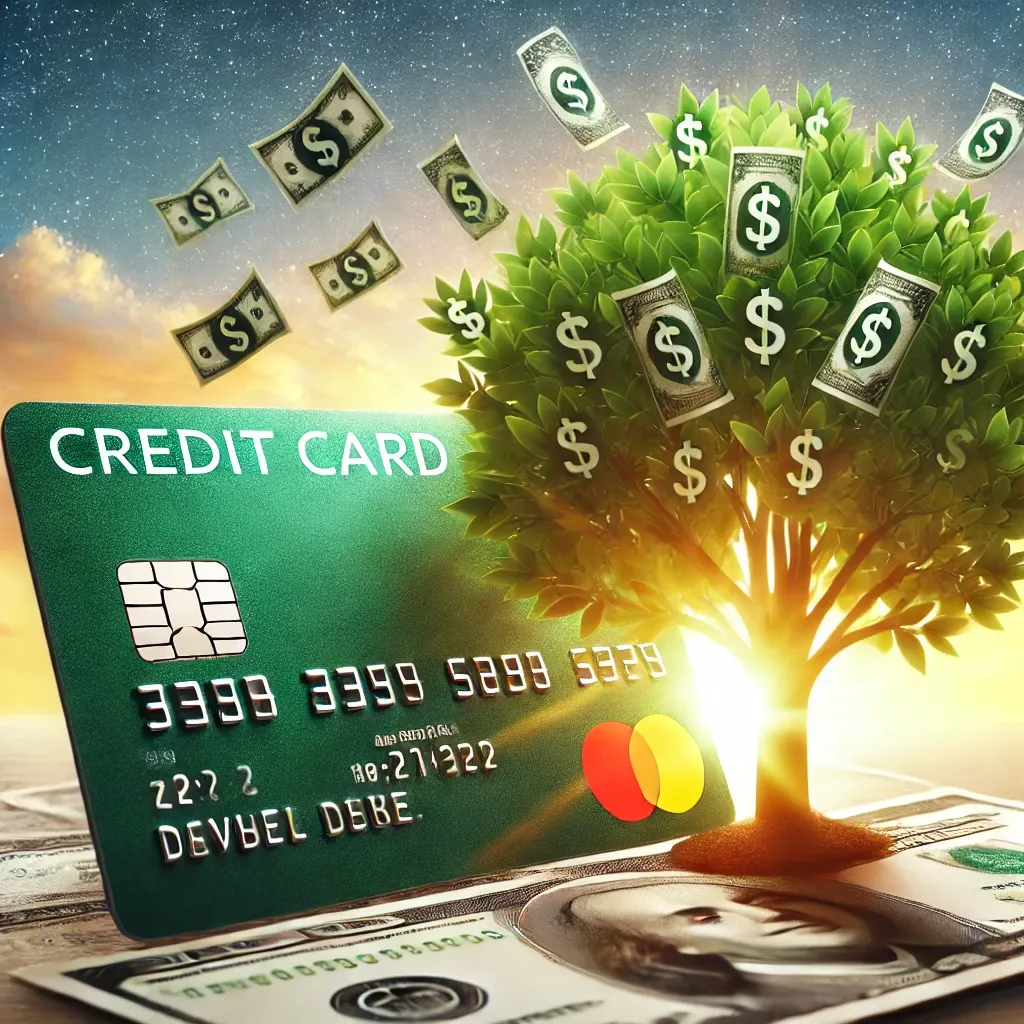Smart Credit Management: Strategies for Financial Freedom

Managing credit effectively is a vital skill that empowers individuals to take control of their financial future. Whether you're aiming to boost your credit score, pay off debt, or leverage credit to achieve long-term goals, understanding the nuances of credit management is essential. This article explores the foundations of smart credit use, common misconceptions, and actionable strategies to master credit management for financial success.
The Role of Credit in Financial Freedom
Credit is more than just a number—it's a financial tool that, when used wisely, can open doors to opportunities such as homeownership, business growth, and financial stability. However, mismanaging credit can lead to long-term financial challenges, including excessive debt and a damaged credit profile.
Why Credit Management Matters:
- Access to Lower Interest Rates: High credit scores help secure loans and credit cards with favorable terms.
- Improved Financial Stability: Responsible credit use reduces the likelihood of falling into debt traps.
- Achievement of Financial Goals: From starting a business to purchasing a home, credit can be a powerful enabler of dreams.
For a comprehensive guide to achieving financial stability, check out Budgeting, Saving, and Investing for Financial Success.
Common Credit Myths and Misconceptions
Many people fall victim to myths that prevent them from optimizing their credit. Let's debunk some of these misconceptions:
Myth 1: Carrying a Balance Boosts Your Credit Score
Reality: Paying off your credit card balance in full each month is better for your credit score and avoids unnecessary interest charges. The idea that carrying a balance improves creditworthiness is a common misconception.
Myth 2: Checking Your Credit Report Hurts Your Score
Reality: Checking your credit report through soft inquiries, such as those done by individuals or credit monitoring services, does not impact your score. Only hard inquiries from lenders affect your credit.
Myth 3: Closing Old Credit Cards Improves Your Score
Reality: Closing older credit accounts can reduce your credit history length and negatively affect your score. Keeping unused cards open (if they don’t have annual fees) is usually better for your credit profile.
Strategies for Smart Credit Management
1. Track and Monitor Your Credit
Keeping a close eye on your credit score and report is the first step toward improving your credit health. Regular monitoring helps you identify inaccuracies, fraudulent activity, or areas for improvement.
How to Monitor:
- Use free credit monitoring tools like Credit Karma or Experian.
- Obtain your annual credit reports from Experian, Equifax, and TransUnion via AnnualCreditReport.com.
For detailed financial strategies that incorporate credit monitoring, read our Financial Planning Strategies for a Secure Future.
2. Reduce High-Interest Debt
Paying off debt, particularly high-interest credit card balances, is critical for managing credit effectively. Reducing debt improves your credit utilization ratio, a key factor in determining your credit score.
Effective Debt Reduction Methods:
- Balance Transfers: Move high-interest balances to a card with a lower interest rate.
- Debt Avalanche Method: Pay off the highest-interest debt first to minimize overall interest paid.
- Debt Snowball Method: Focus on paying off smaller debts first to build momentum and motivation.
For more insights on aligning debt reduction with ethical finance principles, explore Ethical Finance Practices for Wealth.
3. Optimize Your Credit Utilization
Credit utilization—the ratio of your credit card balance to your credit limit—is a major determinant of your credit score. Lower utilization signals responsible credit management.
How to Optimize:
- Aim to keep your utilization below 30%; for the best scores, aim for below 10%.
- Request a credit limit increase to reduce your utilization ratio without altering your spending habits.
- Pay credit card balances multiple times a month to keep balances low when reported to credit bureaus.
4. Use Credit Strategically
Using credit isn’t just about avoiding debt—it’s also about leveraging it strategically for financial gain. Whether it’s taking advantage of rewards programs or financing major purchases wisely, using credit strategically can maximize its benefits.
Examples of Strategic Credit Use:
- Cash Back Rewards: Use credit cards with cash back programs to earn on everyday purchases, but always pay the balance in full.
- Investing in Assets: Use low-interest loans to invest in appreciating assets, such as real estate or education.
- Emergency Planning: Have a credit card reserved for emergencies but avoid using it for non-essential expenses.
Learn more about managing credit effectively in Credit Management Strategies for Financial Success.
5. Build Credit Responsibly
If you’re new to credit or rebuilding after a financial setback, focus on gradually building a solid credit foundation.
Steps to Build Credit:
- Open a secured credit card, where your spending limit is backed by a cash deposit.
- Become an authorized user on a family member’s account with a good credit history.
- Take out a credit-builder loan, designed specifically to help individuals establish credit.
For additional tips on improving your financial situation, check out our article on Boosting Income for Financial Freedom.

Overcoming Credit Challenges
Life happens, and sometimes credit challenges arise. Whether it’s due to unexpected expenses or past mistakes, addressing credit issues head-on is crucial.
Dealing with Delinquencies
If you’ve missed payments, work to get back on track:
- Contact creditors to negotiate payment plans or hardship programs.
- Prioritize paying off overdue balances to prevent further damage.
Managing Bankruptcy or Defaults
Recovering from bankruptcy or default requires patience and consistent effort:
- Focus on rebuilding credit by using secured credit products responsibly.
- Monitor your credit report to ensure all debts are accurately reported as settled.
Tools and Resources for Better Credit Management
Leveraging technology can simplify credit management. Many tools and apps are available to help you monitor, plan, and improve your credit profile.
Recommended Tools:
- Mint: A comprehensive budgeting and financial management app.
- Credit Sesame: Provides credit monitoring and personalized tips.
- Experian Boost: Allows you to add positive payment history from utility bills to your credit report.
For a full list of top-rated financial tools, read Top Financial Tools and Apps.
Long-Term Credit Habits for Financial Success
Maintaining strong credit isn’t just about short-term fixes; it requires adopting long-term habits that promote financial health.
Key Habits for Long-Term Success:
- Automate Payments: Set up autopay for credit card bills to ensure timely payments.
- Review Statements Regularly: Avoid surprises by monitoring your transactions for errors or unauthorized charges.
- Build an Emergency Fund: Reduce reliance on credit by saving 3-6 months’ worth of living expenses.
Integrating these habits into your lifestyle ensures that your credit continues to support your financial goals. For a guide on achieving financial independence, read Frugality and Minimalism.
Mastering credit management is a lifelong process that requires attention, discipline, and strategic planning. By tracking your credit, reducing debt, optimizing utilization, and building healthy habits, you can turn credit into a powerful tool for financial freedom.
Remember, credit management is just one piece of the puzzle. To truly unlock your financial potential, integrate these strategies into a broader financial plan. Explore the wealth of resources available on Money and Finance Update to deepen your financial knowledge and stay on the path to success.
Take the first step today, and transform your credit into a cornerstone of your financial future!
